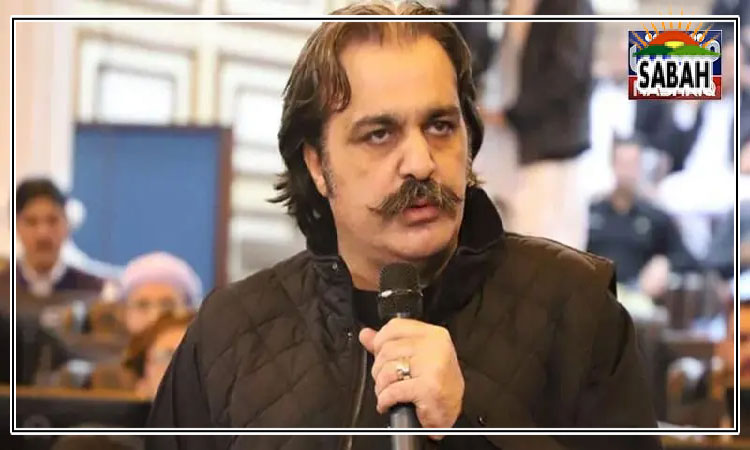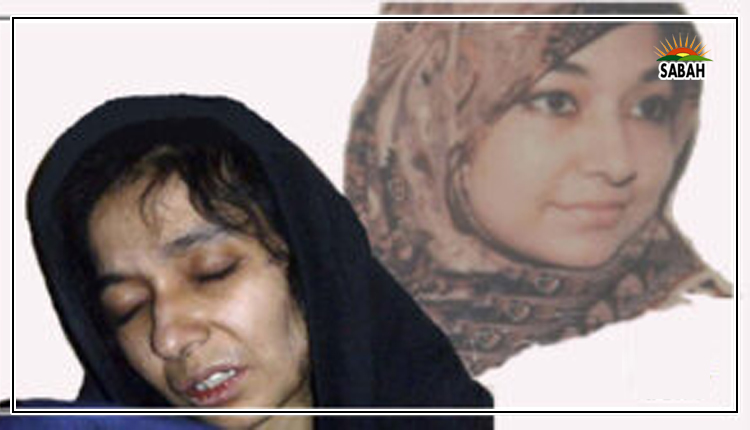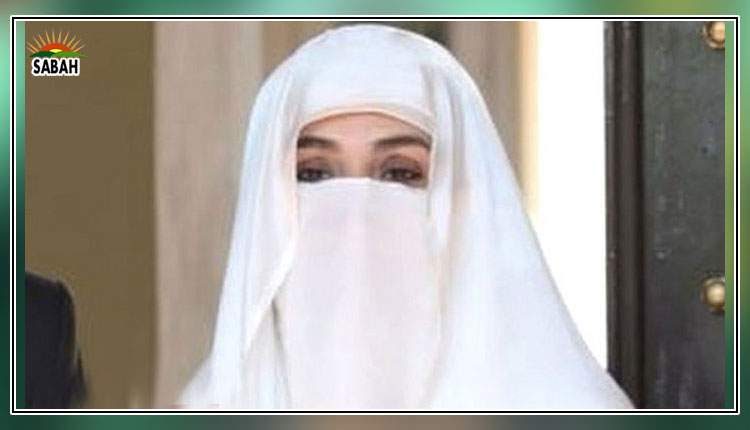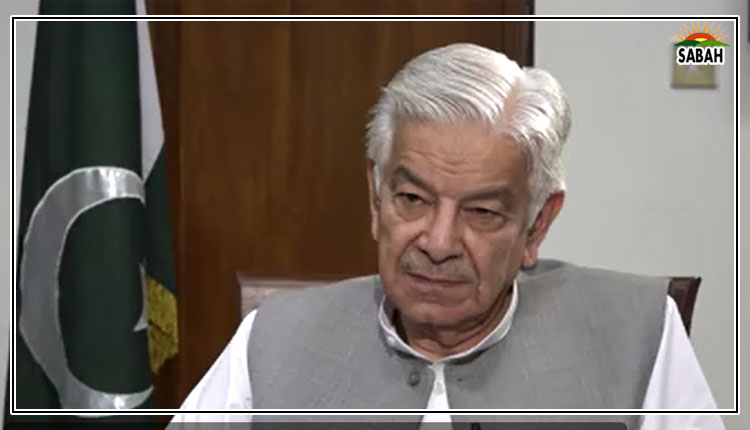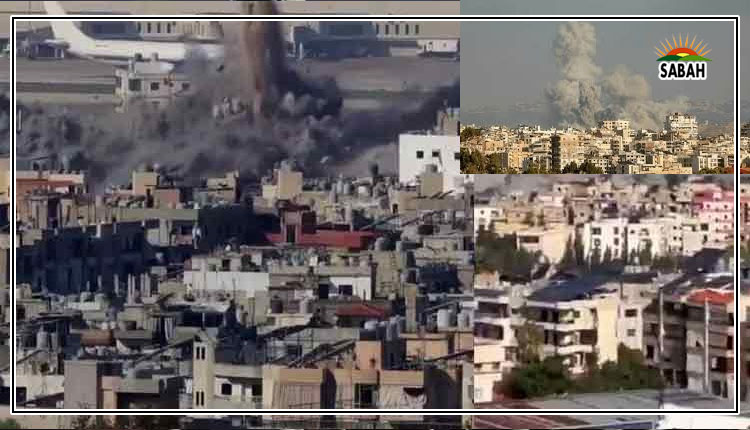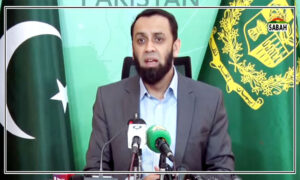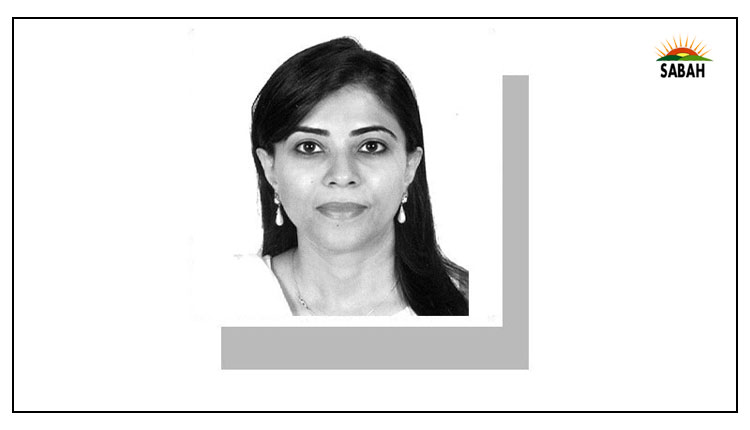Beyond the crackdown…..Arifa Noor
THE PTIs juggernaut has been slowed down; the crackdown has had its effect as politicians and electables around it are exiting quickly, leaving Imran Khan alone and isolated. With his ban on mainstream media, he seems lonelier and quieter still. But, we should be careful of writing him off, for this is the end of neither the PTI nor Imran Khan.
We have been at this crossroads many times before in the 1970s and in the 1990s, when the all-powerful establishment lost its patience with a political party, any party. Obituaries were written for the MQM in the 1990s and the PML-N in 2000, only to need revision some years later.
For while a party needs the green signal from the establishment to come to power, their life and death are ultimately decided by the people of Pakistan.
The powers that be can stop them, hold them back, even force a weight loss but the ultimate obituary is written by the pen in the hands of the people. I say this for I too have written such obituaries in the past, only to be proven wrong, and have read those written by many outstanding political commentators.
The only question here is: how long can Imran Khan wait and how long will the other side hold on to its present mood? This time around, Nawaz Sharifs party took a mere three and a half years to return to power.
But even if the PTI has been handled, nothing else is clear yet. The larger questions surrounding the polity remain and while there is quiet at the moment, it hides an uncertainty beneath regarding the coming days and uncertainty about the future set-up and the economy.
Unless something is about to change, we will follow our own pattern of madness.
Punjab and KP are without elected governments and the tenure of the National Assembly is also nearing its end. Will elections be held now that the PTI is no longer in a position to sweep them? And if not, how will we ensure a stable set-up, with some clarity on how long it is to last be this a caretaker or a technocratic set-up or something else?
Stability has to be based on something other than a display of force or complete avoidance of the laws in place. This is particularly true of countries such as Pakistan where the state (despite what many of us believe) is not very strong. That this not-too-strong state is also economically fragile adds to the urgency here.
For sooner or later, the international communitys growing interest in the human rights situation will create some pressure. Journalists disappearing, trials in military courts, women being harassed (and worse) it is not easy to sustain this unless one is an economic powerhouse. And Pakistan is not a powerhouse. The pressure may not ease on the PTI but it will have to otherwise.
Connected to this is the issue of self-preservation. With a complete absence of economic stability, and a crackdown against a party which is popular at the moment in two of the four provinces of the country, those in charge have to consider, or rather worry about, alienation among the populace. Political suppression in the face of economic hardship is not a good idea, especially if the country is surrounded by those who may be waiting for a chance to lend a helping hand.
Some may roll their eyes and mention Egypt or Myanmar. But Pakistan, despite its similarities with Egypt, is different. For instance, we have never had a Hosni Mubarak who simply ruled for decades; we tend to tire of our own rulers within a decade and then get rid of them. Unless something is about to change, we will follow our own pattern of madness rather than those around us.
I digress. The point is that we should be wary of leaving two provinces politically alienated at a time when economic hardship is growing. To think outsiders will not take advantage of this would be foolish. We have underestimated, more than once, our own people and the form their anger takes. This should make us doubly careful at the moment. This fear and the international concern for human rights should give us pause for thought.
Having sounded caution, it also seems that elections are not entirely off the table. Why else would so many possible kings parties be coming forward? It appears Jahangir Khan Tareen is once again active in attempting to find and recruit those who are leaving PTI; the PML-Q is also accepting the electables looking for a new home; and Maryam Nawaz seems to be in campaign mode.
Does this mean that the stage is being set to make sure neither the PPP nor PML-N emerge too strongly from the elections? Is a hung parliament the dream and the aim?
But a hung parliament will mean another coalition government stuck worrying about the demands of its allies and the difficult decisions needed to fix the economy. Will such a government throw up a decision-maker willing to take risks?
Indeed, much remains unclear, even though the PTI now has been cut down to size.
Postscript: Much has been said about politicians and their ability to withstand hardship and how well the PPP has fared on this yardstick in the past. But perhaps we also need to consider why 75 years after independence we are still looking for policymakers who are willing to bear hardship and pressures, which should have nothing to do with what their qualifications and their jobs should be. And if we find the answer to this, we may also find an answer to why our economy is in the mess it is.
Second, those who think this is simply about the PTI should consider why those in power are not raising a voice against the military courts or the possible delay of elections. Our political class deserves better, regardless of the quality of individuals within. The fear which we think afflicts just one side extends to everyone, only if we listen carefully to the silence.
The writer is a journalist.
Courtesy Dawn, May 30th, 2023


